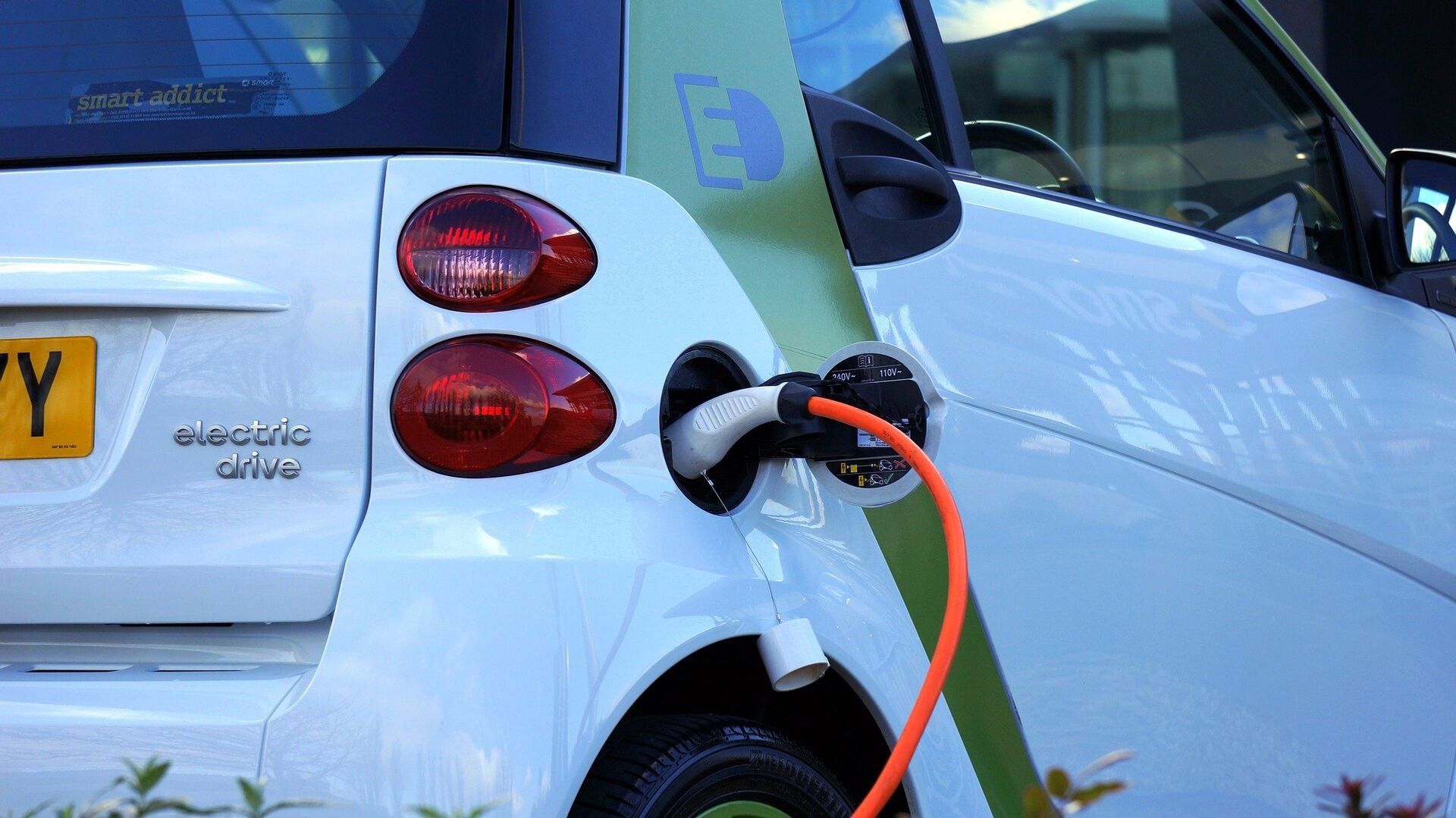https://sputnikglobe.com/20221122/us-and-eu-could-cut-their-dependence-on-chinese-ev-batteries-by-2030--but-for-a-solid-price--1104544206.html
US and EU Could Cut Their Dependence on Chinese EV Batteries by 2030 … But for a Solid Price
US and EU Could Cut Their Dependence on Chinese EV Batteries by 2030 … But for a Solid Price
Sputnik International
China right now is the undisputable leader in the EV battery market, including the mining and refining of raw materials. Meanwhile, the demand for electro cars... 22.11.2022, Sputnik International
2022-11-22T13:27+0000
2022-11-22T13:27+0000
2022-11-22T13:27+0000
economy
batteries
lithium
electric vehicles
investments
https://cdn1.img.sputnikglobe.com/img/105589/44/1055894413_0:0:1917:1078_1920x0_80_0_0_ed4204e492394df06d7a3146e77cb9dc.jpg
The United States and Europe need to invest around $160 billion to ease their dependence on Chinese EV batteries, a British daily reported, citing a Goldman Sachs forecast. According to the forecast, a key to success is cooperation with South-Korean conglomerates like LG Electronics.Judging from the data provided in the forecast, countries that want to challenge Chinese dominance in this market and achieve a self-sufficient supply chain will need to spend around $78.2 billion on batteries. Additionally, they will need to spend $60.4 billion on components. Mining lithium and other materials will cost $13.5 billion. Finally, they will need to spend $12.1 billion on refining lithium and other materials. According to the forecast, the market share of South Korean companies in the American market would grow dramatically, from 11% in 2021 to 55% in three years.Western governments promote the use of vehicles that run on alternative fuel amid rising environmental concerns. EVs are zero-emission vehicles, and their popularity is growing among environmentally-conscious consumers. What is more important, national governments provide financial incentives to increase the demand for EVs, such as tax exemptions, refunds and even decreased parking rates. Free charging is also on the list.Lately, governments all around the world have become concerned about so-called technological sovereignty - the ability of a state to develop technologies it considers critical for its welfare and competitiveness. As economists and political scientists point out, Western states are concerned about their one-sided structural dependency on China in the EV battery market.
Sputnik International
feedback@sputniknews.com
+74956456601
MIA „Rossiya Segodnya“
2022
News
en_EN
Sputnik International
feedback@sputniknews.com
+74956456601
MIA „Rossiya Segodnya“
Sputnik International
feedback@sputniknews.com
+74956456601
MIA „Rossiya Segodnya“
battery, lithium, ev, investments
battery, lithium, ev, investments
US and EU Could Cut Their Dependence on Chinese EV Batteries by 2030 … But for a Solid Price
China right now is the undisputable leader in the EV battery market, including the mining and refining of raw materials. Meanwhile, the demand for electro cars is growing amid rising environmental concerns about conventional automobiles.
The United States and Europe need to
invest around $160 billion to ease their dependence on Chinese EV
batteries, a British daily reported, citing a Goldman Sachs forecast. According to the forecast, a key to success is cooperation with South-Korean conglomerates like LG Electronics.
Judging from the data provided in the forecast, countries that want to challenge Chinese dominance in this market and achieve a self-sufficient supply chain will need to spend around $78.2 billion on batteries. Additionally, they will need to spend $60.4 billion on components. Mining lithium and other materials will cost $13.5 billion. Finally, they will need to spend $12.1 billion on refining
lithium and other materials. According to the forecast, the market share of South Korean companies in the American market would grow dramatically, from 11% in 2021 to 55% in three years.
Western governments promote the use of vehicles that run on alternative fuel amid rising environmental concerns.
EVs are zero-emission vehicles, and their popularity is growing among environmentally-conscious consumers. What is more important, national governments provide financial incentives to increase the demand for EVs, such as tax exemptions, refunds and even decreased parking rates. Free charging is also on the list.
Lately, governments all around the world have become concerned about so-called technological sovereignty - the ability of a state to develop technologies it considers critical for its welfare and competitiveness. As economists and political scientists point out, Western states are concerned about their one-sided structural dependency on China in the EV battery market.


